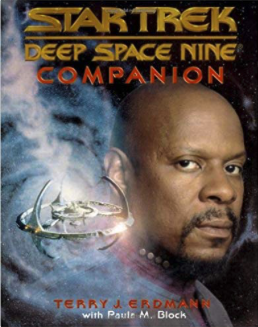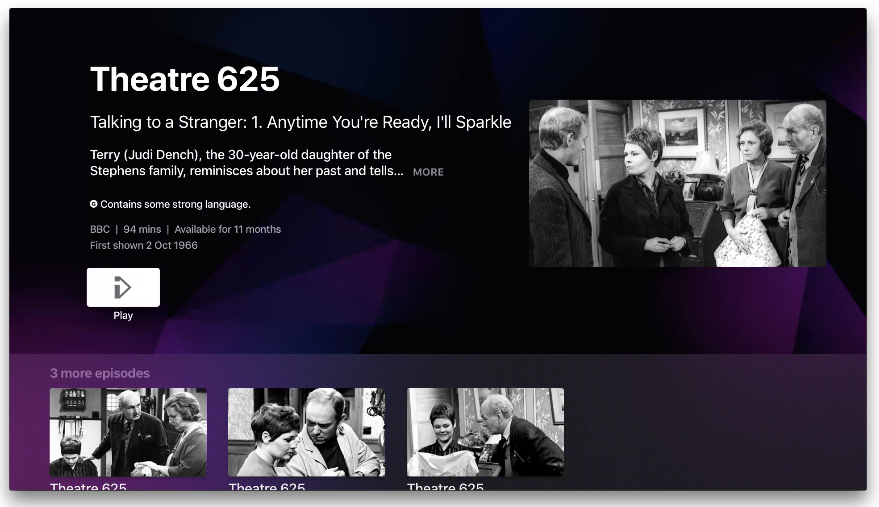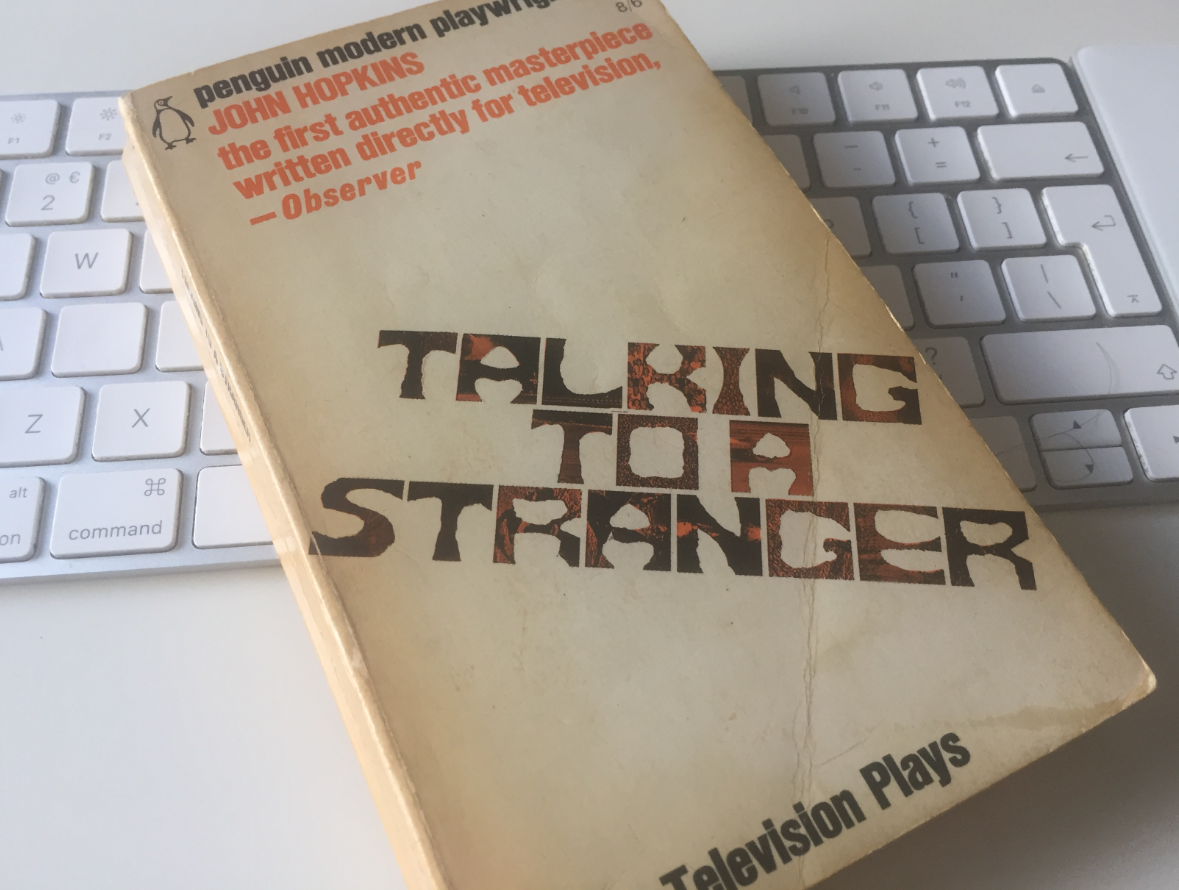I’ve been working with a lot of writers lately and specifically about how to make more time for your writing. It’s not as if this is something I’ve never done before, but it is unusual how I somehow currently have three totally separate projects with completely separate groups and even in entirely different forms, that are all about this.
Maybe it’s that volume of thinking about this topic, maybe it’s because I’ve learned from these writers, or maybe it’s just age, but I have realised something. I realised it this morning, actually, as I came to talk to you.
If you want to write or to do anything, make it normal. Don’t think of it as new or different, it’s just what you do, so you’re doing it.
It takes time to make something a normal, regular part of your routine, but I would have said it takes five years and now I think it can be weeks.
Don’t let me sound as if I’m talking about making a habit of something. That’s different. What I mean is – well, actually, let’s take you and I for an example.
When Self Distract started, easily ten years ago now, it was a place for me to promote something or other. Something to do with Radio Times, where I was doing most of my writing at the time. But it changed.
It’s now you and me getting to talk. And I don’t know when you read it, but I do know exactly when I write it.
Early every Friday morning, I make us a mug of tea and we start. Like we always do. Like it’s normal. And if it’s taken years for me to see it as being as much a normal part of the week as cooking breakfast is, the last few months have seen a change to that normality.
Lately I’ve been spending so very many hours at my desk most days that to talk to you, I move to the couch in my living room. If you’d asked me about it yesterday, I’m sure I would’ve told you that I do this, but I’d have had to think about it. Whereas this morning, I had the tea, I had the couch, but I’d forgotten my iPad. It’s in my office and surely the sensible thing is just to go there and write, especially since the moment you and I finish nattering, that’s exactly where I’ve got to go.
But it felt wrong. Without my realising that it had happened, the couch had become normal and anything else had not.
I got the iPad. I made more tea.
And if all of this is on my mind today, I think that perhaps it’s because I’ve been looking for it. You know how when you hear some word for the first time, you are somehow guaranteed to keep hearing it over and over again. Not once in your life had you heard it before, now it’s practically daily.
I think that really the reason I’ve been looking at how to make something part of your normal life is that something else has changed for me and it’s probably only taken a month or two.
Twice this week, two entirely separate firms I work with had problems and I offered to produce a video for them. In fact, for one of the firms, I just did it. Wrote, produced, shot, edited and delivered a video that did this thing they needed.
At some point very recently, video production became one of my regular, normal tools. It helps that I write the scripts, and it helps that I do believe video editing uses the same mental muscles as writing, but still something has changed. I’ve edited video for two decades, easily, but never before has it been the obvious solution to a problem.
What’s changed is not that I now edit video, but rather that it is a normal part of my working week.
Once you make something normal, you just do it. And I think you end up doing so much more of it than you had thought. That’s both in terms of how you find more uses for whatever it is, but also you do somehow make more time.
I shot five videos this week and so far have delivered four of them. Whether they’re any good or not is a very different issue, but the five came on top of everything else I was doing this week, which is exactly what I was doing every week two months ago.
I know you get faster at things through practice, but I believe that you can take on something new and that you can find the extra time to do it more when it stops being this scary new thing and instead becomes normal. When your To Do list becomes Write Script, Pitch to X, Interview Y, do Food Shopping – and Shoot Video.
So come on then, it’s just you and me here, let’s figure out what new things we can take on next.



